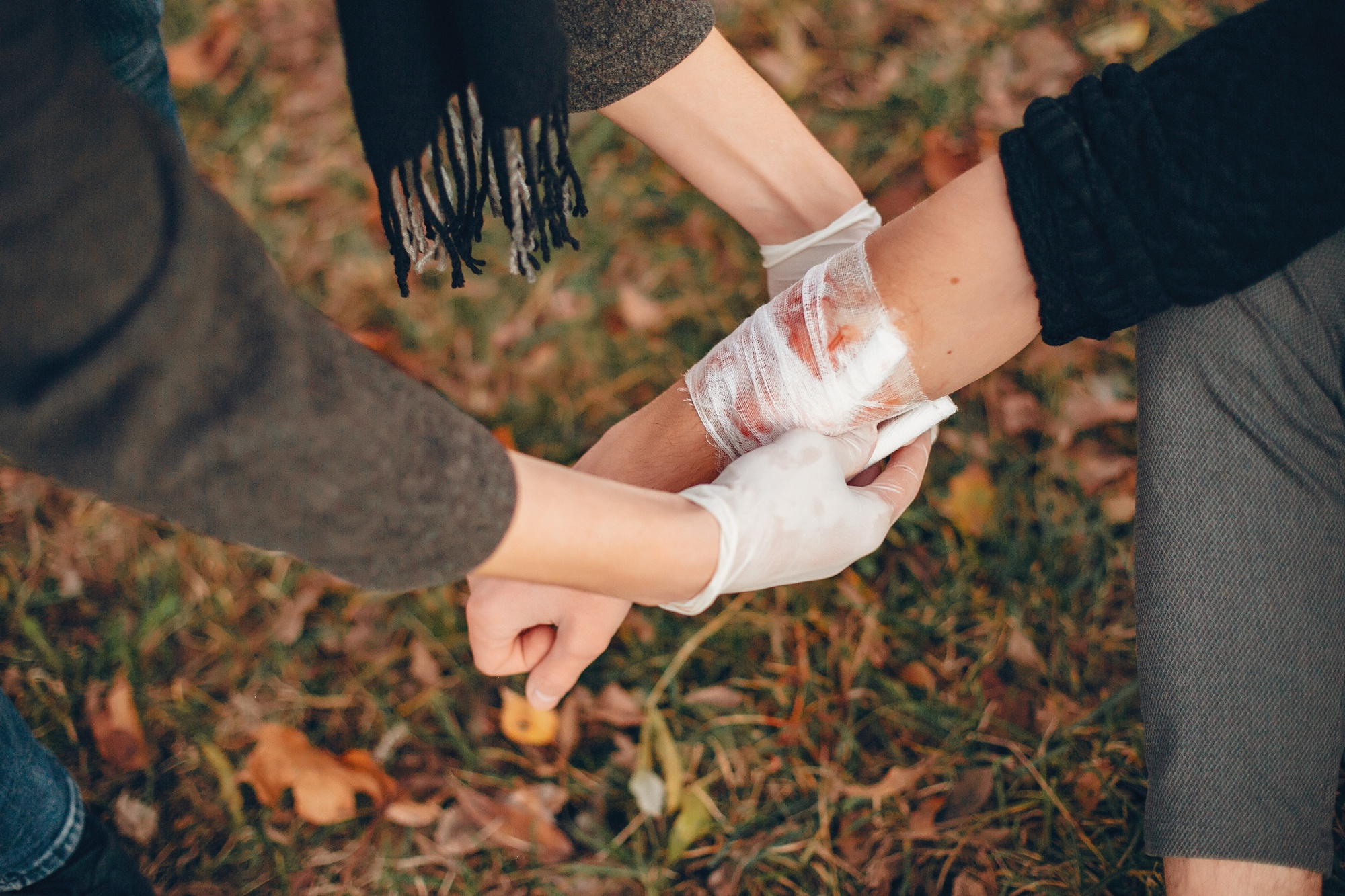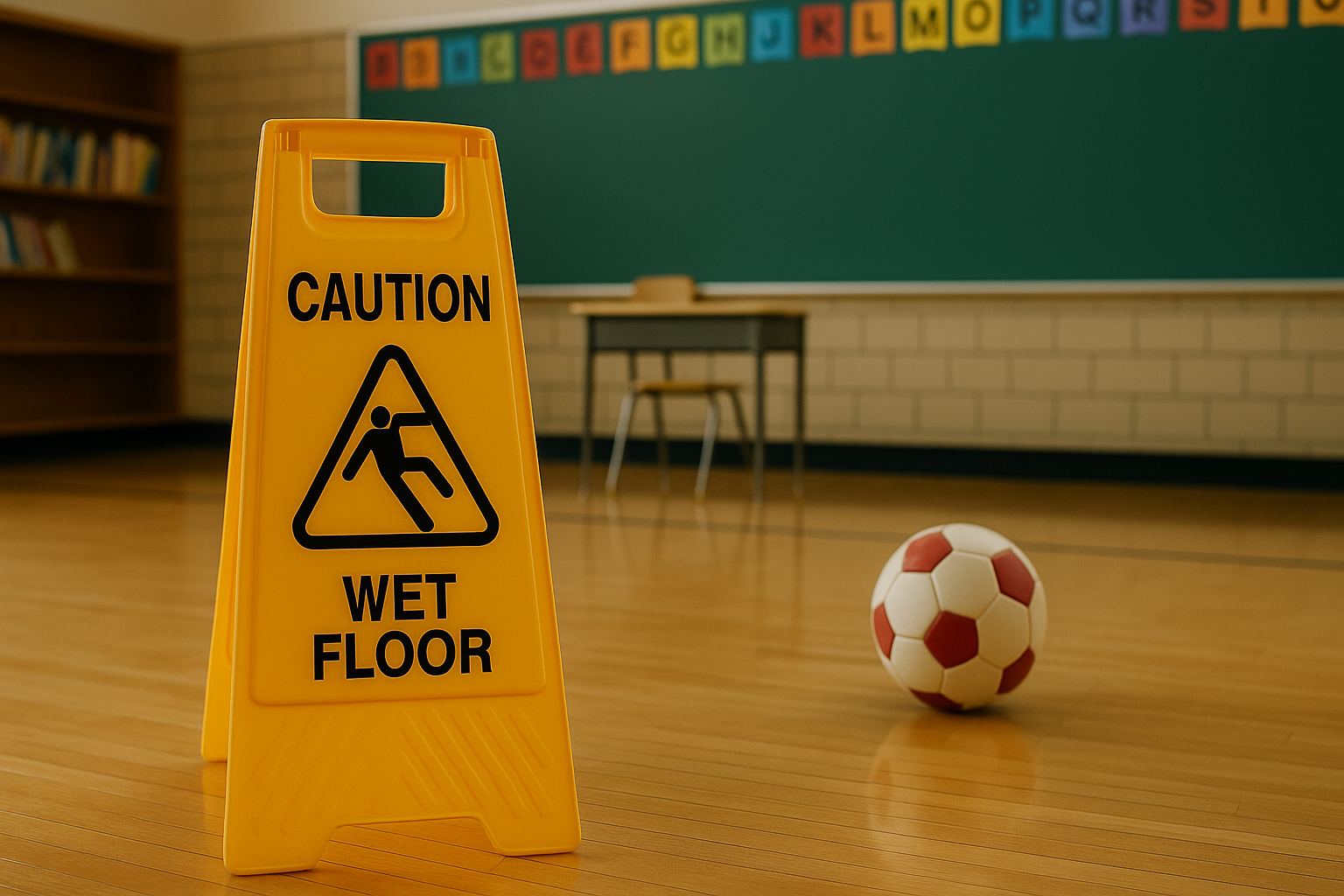California law gives strong protections to people bitten by dogs. In most cases, owners are strictly liable for bite injuries that happen in public or when the victim is lawfully on private property. There are also public health rules about reporting and quarantine that start immediately after a bite. Use this guide to navigate medical, legal, and insurance steps from day one.
First 24 hours: health and safety
- Get medical care now. Even small punctures can get infected. Ask about tetanus, wound care, and whether rabies post-exposure evaluation is needed.
- Report the bite. In California, bites are reportable to local health authorities. Medical providers must report, and you can file a report with animal control as well. Reporting helps verify vaccination status and triggers the legally required quarantine and observation of the dog.
- Identify the dog and owner. Get the owner’s name, address, and contact information, plus the dog’s rabies vaccination status and license number if available.
- Document everything. Photograph injuries, clothing, the scene, and the dog if it is safe to do so. Save torn or bloodstained clothing in a clean bag.
- Collect witnesses. Names, phone numbers, and short statements if possible.
- Avoid social posts and recorded statements. Share facts with your clinician and, if you choose, with an attorney. Do not speculate about fault.
Learn More: Top 5 Dog Bite Injuries That Lead to Legal Action
California’s dog bite law in plain English
- Strict liability for owners. If a dog bites you in a public place or while you are lawfully on private property, the owner is liable for your damages. You do not have to prove prior bites or that the owner was negligent.
- Key elements. You were bitten, the defendant owned the dog, and you were in a public place or lawfully on private property.
- Important exceptions. The statute excludes trespassers and has carve outs for police or military dogs in specific duty situations. Other defenses can still reduce recovery, as explained below.
Public health rules that follow a bite
- Mandatory reporting. Animal bites are reportable events in California. Providers and others notify the local health officer.
- Quarantine and observation. Dogs that bite are typically quarantined and observed for signs of rabies. Local health officers oversee location and duration. Home quarantine may be allowed; shelter or veterinary quarantine can be ordered.
- Why it matters. Quarantine protects public health and can confirm that you do not need rabies shots. The report also creates a neutral record that helps later with insurance.
Who can be liable besides the owner
- Caretakers or handlers. A person who keeps or controls the dog can face liability under negligence theories even if they are not the owner.
- Landlords in limited situations. A landlord is not strictly liable, but can be liable for negligence if the landlord had actual knowledge of a dangerous dog on the premises and the right to remove it or evict.
- Public entities. If a city shelter, park, or other public property is involved, special government claim deadlines apply.
How fault is evaluated
California uses pure comparative negligence. Your compensation can be reduced by your share of fault. Examples:
- Provocation or teasing can reduce damages.
- Ignoring clear warnings can reduce damages.
- Veterinarians, kennel and grooming workers may face the veterinarian’s rule, an assumption-of-risk doctrine that can limit recovery for work-related bites, subject to exceptions when owners conceal known dangers.
Deadlines that control your claim
- Two years from the injury to file a lawsuit for personal injury.
- Government claims if a public entity is involved: usually six months to present a written claim, then generally six months to sue after a written rejection. If there is no proper written rejection, many claims allow up to two years from accrual to sue.
When in doubt about ownership or public property, treat the claim as involving a public entity until a lawyer confirms, because missing the administrative claim can bar the case.
What you can recover
- Medical costs including emergency care, follow up, infection treatment, surgery, therapy, and future care
- Lost wages and reduced earning capacity
- Pain and suffering, scarring and disfigurement, anxiety or sleep disturbance
- Out of pocket costs, travel to medical visits, home supplies
- Property damage, such as clothing or glasses
Evidence that strengthens dog bite cases
| Evidence | Why it matters | Tips to secure it |
|---|---|---|
| Photos of injuries and scene | Proves severity and context | Take close ups over several days to document healing and scarring |
| Medical records and bills | Establishes causation and damages | Ask providers for visit notes and itemized statements |
| Bite report and quarantine records | Confirms incident and vaccination status | Request copies from animal control or the health department |
| Witness statements | Support liability and refute provocation claims | Get short written summaries with contact info |
| Owner identity and dog license info | Links the right defendant | Photograph tags and licenses if safe |
| Prior complaints or incidents | Shows knowledge and foreseeability | Public records requests, neighbor interviews, business logs |
Step by step with the insurer
- Open a claim with the dog owner’s homeowners or renters insurer if known.
- Share essentials only at the start: date, time, location, brief facts, and your medical providers.
- Do not sign broad releases early in the process. Provide targeted medical records through counsel.
- Track all costs in a running log and keep receipts.
- Evaluate settlement only after you understand your recovery and any scarring or nerve symptoms.
Frequently asked questions
Do I have a case if the dog never bit anyone before
Yes. Prior attacks are not required in California. Strict liability applies to owners for bites in public or when you are lawfully on private property.
What if the dog only knocked me down without biting
Strict liability covers bites. Knockdowns are pursued under negligence, which requires proof the owner failed to use reasonable care.
The owner says I provoked the dog. Can I still recover
Often yes. Provocation can reduce damages through comparative negligence but does not automatically bar a claim.
The dog was a police or military animal. Can I recover
The statute has specific exceptions for working police and military dogs in defined situations. A lawyer can analyze whether the exception applies based on the incident facts.
I was bitten while working at a kennel or vet clinic
The veterinarian’s rule may limit claims due to assumption of risk, but there are exceptions when an owner hides known dangers or violates safety rules.
Quick checklist
- Medical care the same day
- Report to animal control or local health authorities
- Identify dog and owner, confirm vaccination status
- Photograph injuries and scene, preserve clothing
- Gather witness contacts
- Open an insurance claim and log all costs
- Calendar the two year statute and any six month government claim deadlines
- Speak with a lawyer early if injuries are significant, scarring is likely, or a public entity is involved
Key References
- Civil Code § 3342 (strict liability for dog bites by owners). Leginfo
- Judicial Council CACI No. 463 (Dog Bite Statute instruction). Justia
- Title 17 CCR § 2606 (animal bite reporting and quarantine oversight). Legal Information Institute
- California Department of Public Health, Animal Bites (public guidance on reporting and rabies control). CDPH
- Food and Agricultural Code, Dog statutes beginning § 31601 (dangerous and vicious dog framework). Findlaw
- Uccello v. Laudenslayer, 44 Cal.App.3d 504 (landlord liability with actual knowledge and right to remove). Justia Law
- CCP § 335.1 (two year personal injury statute). Findlaw
- Gov. Code §§ 911.2 and 945.6 (government claim and suit deadlines). Sacramento County Public Law Library
- Li v. Yellow Cab Co., 13 Cal.3d 804 (pure comparative negligence). Justia Law




